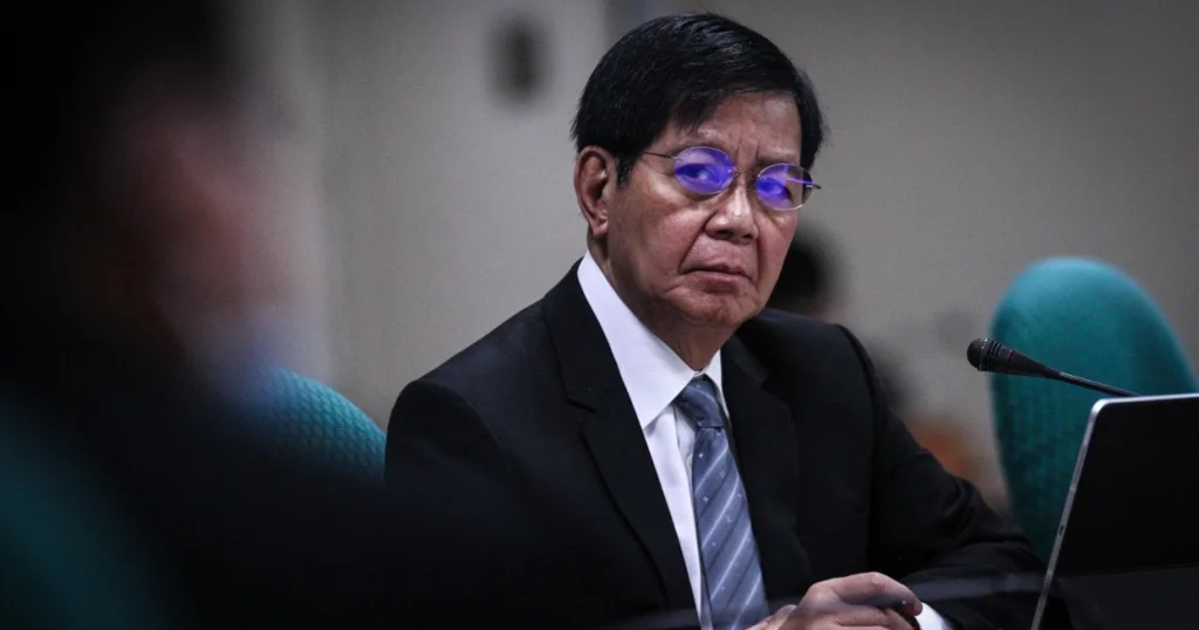MANILA — Former Senator Panfilo “Ping” Lacson has raised concerns over what he described as an unfair and distorted allocation in the proposed 2025 national budget, particularly in funding for flood control projects.
Lacson pointed out that a small barangay in a remote municipality was allocated a staggering ₱1.9 billion, while another town was allotted nearly ₱10 billion, raising red flags over potential misuse of public funds.
As preparations for the 20th Congress begin, Lacson vowed to keep a close watch on budget deliberations. He revealed that he and his team are already scrutinizing line items in the budgets for 2023, 2024, and the upcoming 2025 proposals.
Before leaving office in 2022, Lacson, along with former Senator Franklin Drilon, had pushed for the removal of appropriations for dredging and flood control projects, citing their vulnerability to corruption. “These items are often used as sources of kickbacks,” he said.
Lacson also shared troubling reports that equipment, such as backhoes designated for flood control, are only operated when an inspection is scheduled. “Once the inspection team leaves, the equipment is just left idle,” he added.
He further expressed disappointment over the ballooning budget control allegedly held by certain lawmakers. Despite the Supreme Court’s 2013 ruling declaring the Priority Development Assistance Fund (PDAF) unconstitutional — which limited senators’ PDAF to ₱200 million and House members’ to ₱70 million — Lacson claimed that some senators now have access to ₱5–10 billion, while some House members allegedly control up to ₱15 billion.
To highlight the unsustainable fiscal path the country is on, Lacson compared it to a nation spending ₱16 billion daily while generating only ₱12 billion in revenue, thus needing to borrow ₱4 billion per day to stay afloat.
Lacson emphasized the need for transparency and accountability in national budgeting, warning that unchecked allocations could further weaken public trust and deepen the country’s financial woes.



